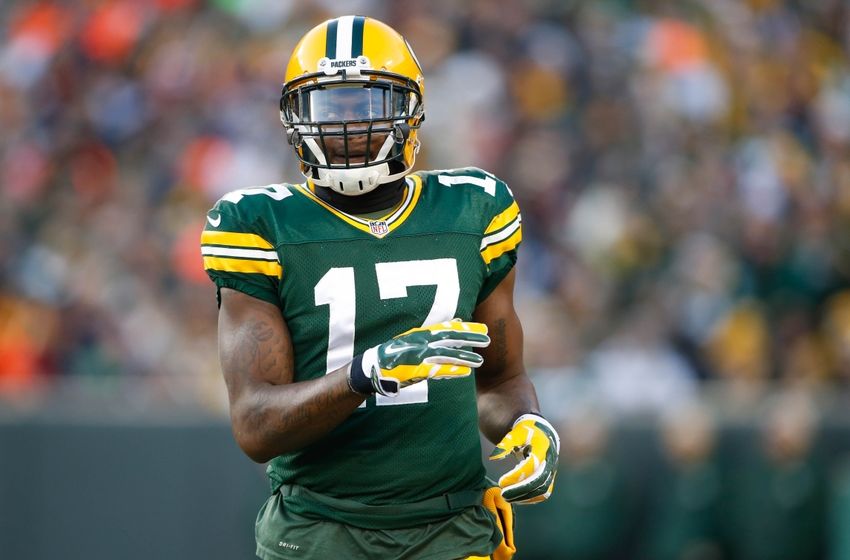With celebrity advertisements, social media boasts and increased scientific backing, diets have become embedded in the lives of millennials. From the plated vegan meals DJ Khaled shows off on his Snapchat stories to the popularly endorsed Fit Tea, modern diets have expanded hopefuls beyond targeting weight-loss. To most people, the word “diet” is associated with negative connotations bringing to mind fad diets that often cut out entire food groups. For athletes concerned with their nutrition, dieting is one of the most essential performance-enhancing elements.
“Diet directly translates to making your body feel better,” said Davante Adams, a starting wide receiver for the Green Bay Packers.
For many athletes like Adams, nutrition is a critical factor in helping them stay in the best shape possible. Proteins help with muscle growth, carbohydrates provide energy and vegetables supply provide vitamins. Varying sports require different amounts of each food group, but unlike fad diets, athletes never cut out an entire food group.
“The key is balance in your diet,” Adams said. “Even though diet is still pretty leniently enforced. You can’t afford to [eat poorly] at this level.”
Furthermore, pre-game meals and snacks are an often forgotten way to get mentally focused before a match.
“I’ve been eating the same thing before every game for the last three years,” Adams said. “You have to figure out what your body likes.”
At Palo Alto High School, current student athletes similarly emphasize the importance of eating right and monitoring their nutritional intake.
“Depending on what type of athlete you are, you could go on diets to build muscle, or to lose weight,” said sophomore football player Wes Walters. Walters shares that Coach Dan Sullivan has given the football players diet recommendations.
“My meals usually contain a lot of meat like chicken [and] some vegetables and salad, and we usually try to keep it light on the candy,” Walters said, “We also eat a lot less bread.”
For sophomore wrestler Masa Perez, her diet is much more tightly enforced, particularly before matches.
“If I put something I don’t like in my body, I won’t get to wrestle at my best,” Perez said.
Beyond nutrition, wrestlers also need to monitor their diet more meticulously to compete in their desired weight class. Perez recalls the day before one of her tournaments where she needed to lose five pounds by the next day’s competition in order to compete. She explained how she bundled herself in heavy layers of sweats and how she needed to run in order to lose the excess pounds. Despite the urgency to lose and control her weight, Perez has learned never to skip meals before tournaments.
“In order to maximize a wrestler’s performance for a tournament, throughout the day they should stay hydrated, eat lots of carbohydrates and eat a little protein,” said Physical Education teacher David Duran.
At the same time, each individual athlete needs to try different nutritional plans before settling to a plan. Different diets work for different people, but the overarching consensus of nutritionists and athletes is that consistency is key.
“Before matches I like to eat oatmeal or applesauce, because before meets I won’t eat or drink water [to lose weight], so it gives me the nutrition I need, ” Perez said.
Perez explains due to the lack of nutritional intake before one of her matches, she remembers cramping up early and then eventually losing.
The scale of which our bodies are affected by our diet is often undermined and overlooked. Contrary to belief, most diets are not about eating as little as possible or weight loss. Diets are a change in your eating habits, typically relating to the change of one’s proportional intake of the food groups. In the athletic world, athletes diet in order to get the proper nutrients at the appropriate quantity to help them perform their best.



